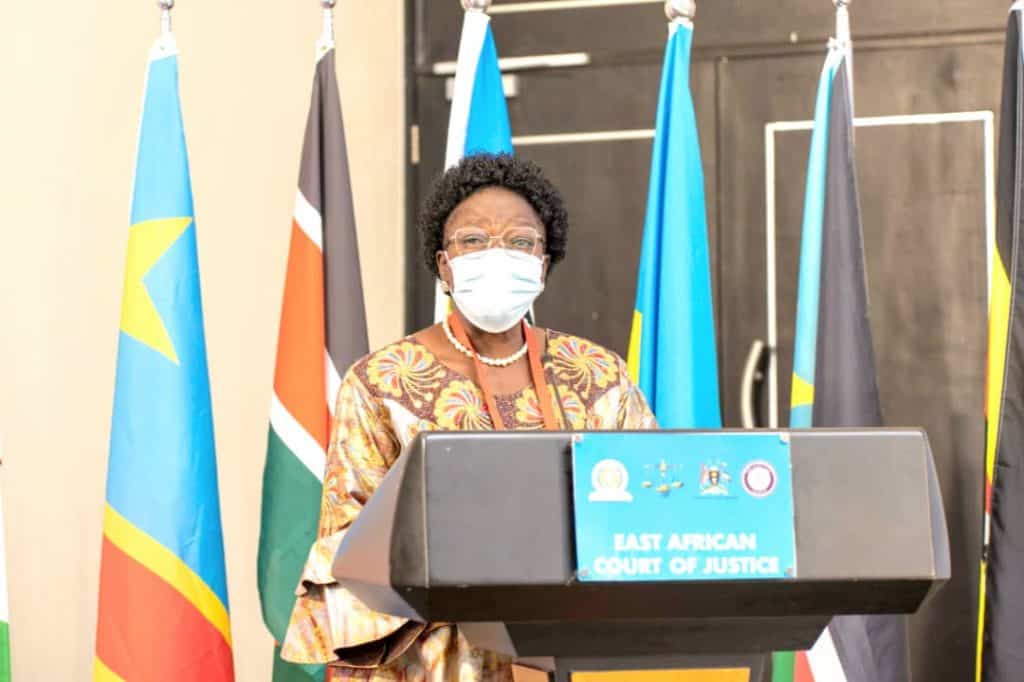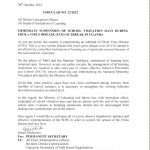The First Deputy Prime Minister and Minister for East African Community Affairs has said all cabinet ministers will starting next week be required to undertake compulsory Kiswahili lessons in a bid to enhance their expertise in the language.
“Starting on Monday, the entire cabinet is going to start training in Kiswahili officially. It be on every Monday starting from 9am to 10am for ministers to take lessons in Kiswahili,” Kadaga made the remarks on Wednesday speaking during the opening ceremony of the second annual East African Court of Justice (EACJ) judicial conference at Mestil Hotel in Kampala.
She said Uganda as a country is very critical on the issue of integration and to achieve this, language barrier should not be a problem.
Kadaga said unlike other nations in the region, we are still lagging behind in grasping the language.
“The government of Uganda takes seriously the issue of integration but on the issue of Kiswahili language in the region, we are the ones performing badly. However, in about a year’s time, we shall be to speak and write to you in the Kiswahili language,” she said.
Earlier this year, government approved the compulsory teaching and examination of the language in all primary and secondary schools across the country.
According to the ICT minister, Dr. Chris Baryomunsi who passed on this announcement, the move was aimed at expediting the achievements of the East African integration.
“Cabinet approved the implementation of the 21st East Africa Community summit directive in Uganda to adopt Kiswahili as an official language of the community. Cabinet recommended that the teaching of Kiswahili language in primary and secondary schools be made compulsory and examinable,” Baryomunsi said then.
The decision which raised all sorts of criticism from several Ugandans was welcomed by Kiswahili teachers under their umbrella, the Chama cha Kiswahili Cha Taifa Uganda (CHAKITAU) who indicated that being aware of the benefits that come with knowing the language, government took long to declare it a core examinable subject in the country.
Addressing the media in July this year, Benon Mukundane the CHAKITAU Secretary said the idea will help create more employment opportunities for teachers of the language.
In addition, he said Kiswahili will also have a great positive impact on Ugandans at wider level in the region for harmonious community business and timely implementation of EAC policies and programs.
“We applaud government for making a decision at cabinet level to approve the implementation of the 21st EAC Summit directive to adopt Kiswahili as an official language of the community but also recommending the teaching of Kiswahili in primary and secondary schools be made compulsory and examinable.”
“The East African protocol provides for the teaching of Kiswahili in primary and secondary schools as a compulsory subject and whereas textbooks have been developed and distributed in all schools, it is worrying that the teaching of this language at primary level has taken long,” Mukundane said.



